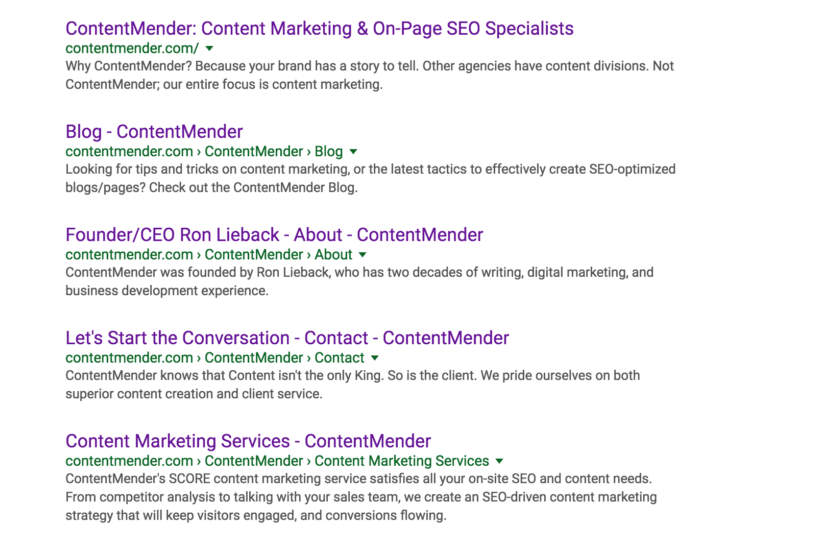Online Writing Tips & Hacks for 2019
Fast, easy and accessible; online writing is the best way for readers to get the information they need. With so many articles at their fingertips, no topic is out of reach provided there’s an audience for it.
When it comes to grabbing your online audience, you have to find how to draw them in and keep their attention. Before creating your next blog, here are 13 must-know tips and hacks for writing a great article.
13. Have a Clear Purpose
When writing a good article, it’s a great idea to have a target audience and a specific subject matter. Once you do, keep it simple – stick to your idea. Too many different thoughts can make an article messy. Focus on your goal and create the post based on that one idea.
12. Create a Good Title
Now that you have an idea, figure out what your audience may be looking for. A good title will snag attention and bring people to your article. It should be clear, concise, and be able to capture a crowd. Adding a few specific keywords can help you reach a broader audience. Your title should be optimized for the right search.
11. Have a Brief Outline
Have a plan – a direction for your article. What do you want to tell your audience?
Much like your purpose, good organization can help your readers follow along. Flow is key to a good article and jotting down a brief outline can give you the structure you need.
10. Connect with your Reader
Whether you have a Creative Writing degree, or you are just flexing your vocab muscles, remember you want to relate to your audience. Consider who you are writing to and adapt your word choice and sentence structure. No one wants to read a long-winded article. Beware of complex sentences and keep things brief.
9. Prepare your Audience
You should have an introduction that will let readers know what they are getting into. What is your article about? What will it cover? If your title brought your audience in, your introduction will keep them there. Provide them with the background information they may need to understand your post.
8. Avoid Technical Jargon
Depending on your audience, your word choice usage will change. You don’t want to be technical with your writing; you want to connect with the everyday reader, especially if you are trying to reach a bigger audience. If you do need to use technical words, it is best practice to provide a brief explanation.
7. Don’t Overuse a Thesaurus
While being “verbose” has its place, it is not necessary to use uncommon words to improve your writing. Online writing is accessible to so many, it would be alienating to use excessive terms when there are simpler ones that would suit the article better. The goal is to make your work fluent; communicate your ideas for a broader audience.
6. Be Concise
While you may want to hit a word count, fluffing up your work isn’t the best way to write for the web. Be concise with your writing, even if it means falling a bit short. Readers tend to skim for important tidbits rather than sink into a deep article. Write for your audience.
5. Do the Research
No matter the topic, be sure you are precise with your information. Providing sources and links is good for credibility. Also, thorough research can make writing a breeze. A little leg work, in the beginning, can give you the tools needed for your article. Additionally, keyword research could help you find what your audience is searching for. Having that extra knowledge can help you shift your writing for the right readers.
4. Add Links
Whether you want to give readers more about a topic or provide them with a source, links are crucial for online writing. Use them as resources or examples for your audience to get a deeper understanding of the subject matter if they choose.
3. Don’t Rush the Process
In a busy world, it is easy to say take your time with the process, but rushing can lead to mistakes. It doesn’t matter if it’s a missed quote or a typo; you want to put your best work forward. Take a step back when you are feeling rushed.
2. Edit! Edit! Edit!
This is the most important part of the process. As you write, you may not be aware of how many times you used that one word, bumped a wrong key, or wrote a sentence that didn’t translate very well. Grammar mistakes are eyesores in any blog post. Take a breather and go over your work. After a break, you’ll spot things more clearly.
1. Don’t Hold Yourself Back
Don’t set yourself up for failure by aiming for the perfect article every time. No one is looking for perfection; readers want clear, concise content. We are often our own worst critics, so as you write, be sure to ease up on yourself and don’t get bent on perfection.






